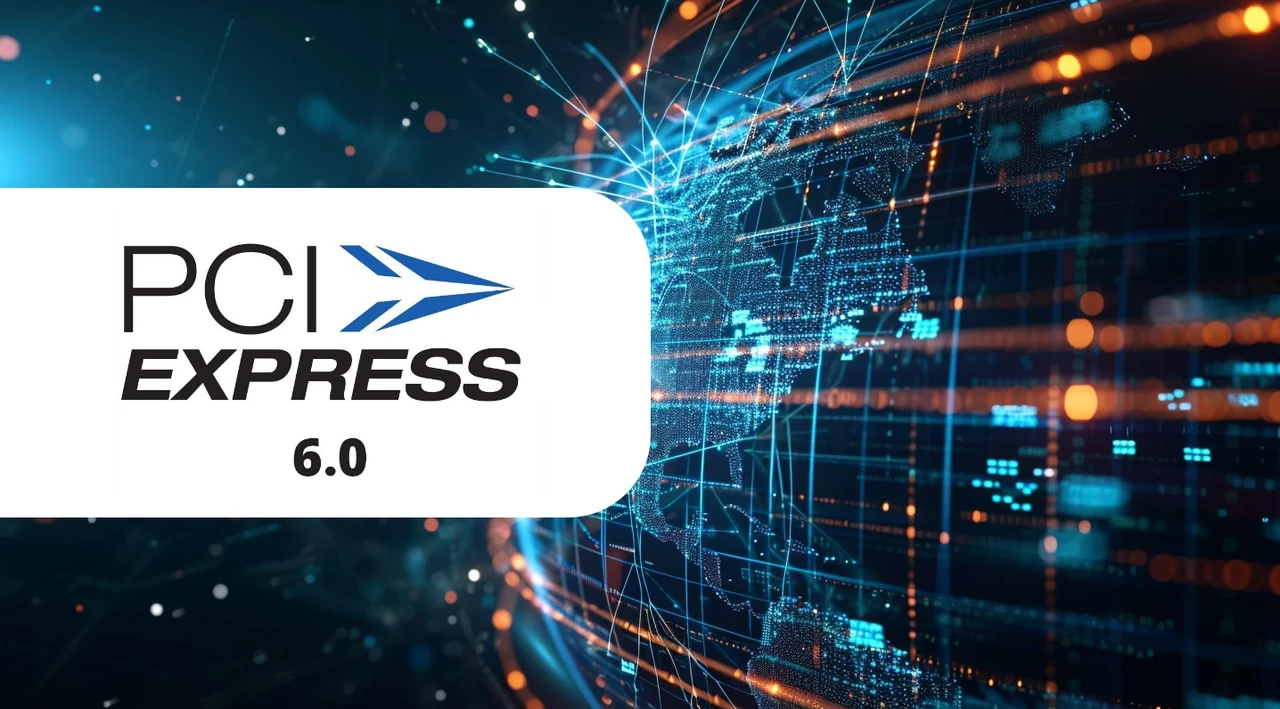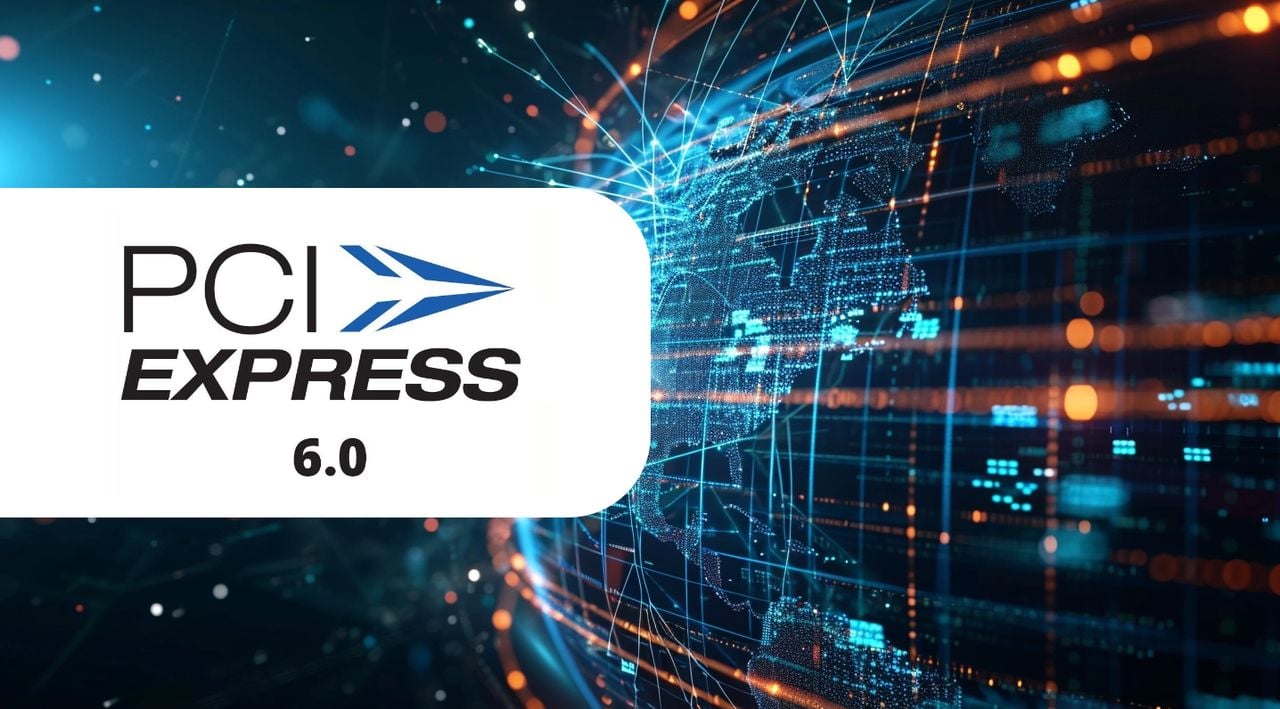
Nubis Communications, Inc. and Alphawave Semi have joined forces to unveil an optical PCI Express 6.0 technology that is capable of transferring data at a remarkable rate of 64 gigatransfers per second for each lane. This breakthrough is not just a step forward; it’s a leap that promises to reshape how data centers operate, especially in areas like artificial intelligence and machine learning.
The collaboration between these two companies has resulted in a solution that is not only scalable but also energy-efficient. It merges the strengths of Nubis’ XT1600 optical engine with Alphawave’s cutting-edge PCIe subsystem. This includes the PiCORE Controller IP and the PipeCORE PHY, which are essential for the new PCIe over Optics technology. This technology is expected to surpass the performance of traditional copper cable connections, which have been the standard until now.
Optical PCI Express 6.0
One of the standout features of optical transmission is its ability to maintain high-speed data transfers over much longer distances than copper cables can manage. This is particularly important for the growth of server clusters used in AI and ML, which require fast and reliable data communication. The Nubis XT1600 optical engine is a key player in this field, as it can manage 16 lanes of PCIe Gen 6.0 traffic without the need for retimers. This simplifies the design of systems and enhances the integrity of the signals being transmitted.
But the implications of PCIe over Optics go even further. It opens the door to new data center designs, such as disaggregated network architectures. These innovative layouts separate computing, storage, and networking functions, placing them in different locations. This could lead to more flexible and efficient data centers, changing the way we think about and manage these critical infrastructures.
“AI applications are reshaping data center networks, with hyperscalers deploying increasingly large clusters of disaggregated servers distributed over longer distances. This shift has generated heightened interest in PCIe over Optics among several of our customers,” said Tony Chan Carusone, CTO at Alphawave Semi. “Through our collaboration with Nubis, we’re pleased to demonstrate how we’re leveraging Alphawave Semi’s leadership in connectivity IP and silicon to enable PCIe optical connectivity solutions that accelerate high-performance AI computing and data infrastructure.”
The upcoming DesignCon event is set to be the stage where this exciting technology will be showcased. Attendees will witness firsthand the Nubis XT1600 optical engine and Alphawave’s PCIe subsystem in action. This demonstration is a testament to the ongoing innovation and the relentless pursuit of enhanced performance in the realm of data center technology.
For those in the industry who are keen to explore the potential of this technology, Nubis Communications is making the Nubis XT1600 optical engine available for sampling. This allows professionals to conduct hands-on evaluations and see for themselves how optical PCI Express 6.0 technology can benefit their systems and applications.
The partnership between Nubis Communications and Alphawave Semi is a significant milestone in the evolution of data center interconnect technology. The introduction of optical PCI Express 6.0 technology at DesignCon is a clear indicator of the bright future that lies ahead for high-speed data transfer, particularly in the demanding fields of AI and ML. As the industry continues to grow and evolve, this innovation is poised to play a pivotal role in shaping the data centers of tomorrow.
Filed Under: Technology News, Top News
Latest timeswonderful Deals
Disclosure: Some of our articles include affiliate links. If you buy something through one of these links, timeswonderful may earn an affiliate commission. Learn about our Disclosure Policy.

